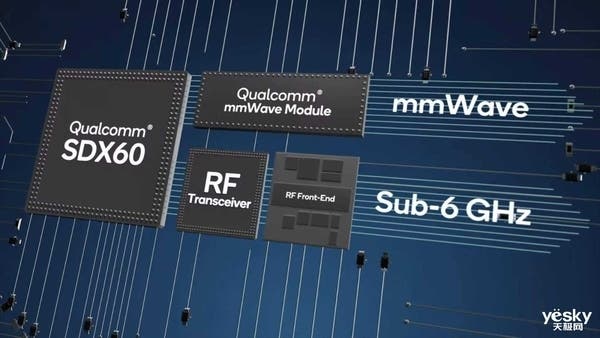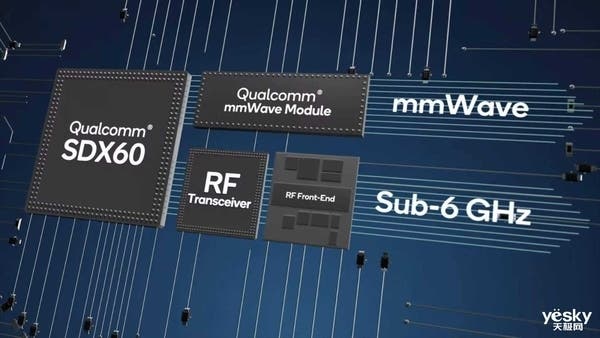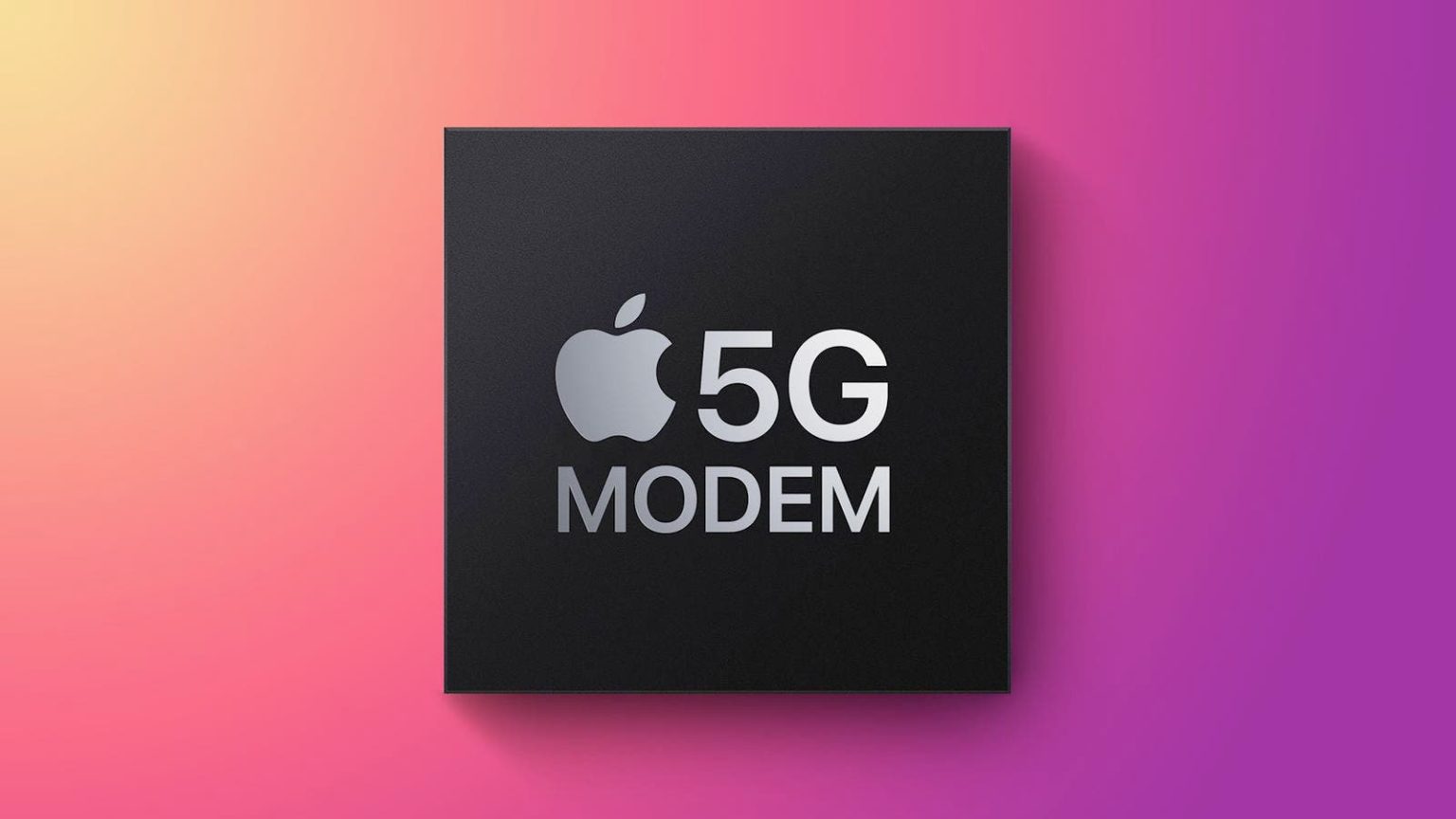Weakness Of Apple Phones In The Signal Strength Of 5G Network
After The Commercialization Of the 5g Network, Most Android Brands Use The New Network. However, Apple Has Not Been As Quick To Adopt 5g.
At one point, this company was one year later than its Android competitors in using the 5G network. However, given that physical 5G infrastructure (such as base stations) was not readily available then, the company was unaffected.
The first 5G iPhone, the iPhone 12, has been on the market for over two years. After the launch of Apple’s first 5G iPhone, there were shortcomings, with signal strength being weaker than competing Android brands. This issue was probably due to the one-year opportunity for these brands to develop their systems and devices. However, Apple’s 5G baseband signal is still much weaker than Androids.
According to recent reports, Apple has allocated a massive budget to develop 5G baseband chips. Contrary to previous predictions, this company will probably use these chips in iPhone devices early next year. The CEO of Qualcomm stated at the MWC mobile world conference that has just ended: Apple will release a baseband chip developed by itself next year.
Rumors about Apple’s 5G baseband chip development have been circulating recently. But Apple did not use its baseband processor in the iPhone 14 series released last year. Also, according to the available information, this year’s iPhone 15 series will include Qualcomm’s baseband, Qualcomm X70 5G.
Apple’s current use of Qualcomm’s baseband
For now, Apple will continue to use Qualcomm’s baseband chip. Qualcomm’s 5G baseband chip performs very well. This baseband chip has an artificial intelligence feature and can automatically optimize the communication rate. This chip can also increase the average transmission speed and signal quality. In addition, it reduces latency and improves coverage while reducing power consumption. However, many customers still wait for Apple to use its baseband chips.
Considering Apple and Qualcomm’s previous disputes over baseband, Apple may consider creating its baseband.
However, Apple’s 5G baseband chip is not well developed. There are several reports that the Apple-developed baseband is facing real challenges. These challenges are both technical and patent-related. Qualcomm, a technology company with several communications-related patents, is forcing many mobile phone brands, including Apple, to comply with their patent issues.
The reason why Apple cannot use 5G baseband chips
The main reason Apple can’t use its internal 5G chips in the iPhone 15 series is not technical problems but because Apple believes that providing them infringes on Qualcomm’s two patents. As a result, users probably won’t be able to use the iPhone’s own 5G baseband chip for the next two years. At the earliest, this chip will be ready for use in 2025.
Apple is also replacing Wi-Fi and Bluetooth chips made by Broadcom with its chips. It means that Apple is not only developing its baseband chips but also developing Wi-Fi and Bluetooth chips. The design of these chips is currently on the way.


Cristiano Amon, Qualcomm’s CEO and president have publicly commented about the launch date of Apple’s 5G baseband. That could happen soon, Qualcomm CEO Anemon told the media during a press conference at Mobile World Congress 2023.
We expect Apple to launch its modem in 2024, but if Apple needs to use our modem, it is always possible to contact us.
Rumors about the 5G baseband developed by Apple have been circulating since a year ago. The company’s next iPhone SE4, iPad, and Apple Watch with built-in Internet features may be the first to feature this baseband chip. And even if hardware problems occur after launch, they can be fixed in a controlled manner because there are fewer of these types of devices than iPhones in the market.
Using a 3nm processor in Apple’s 5G baseband
Meanwhile, according to the latest information, the research and development code for the 5G baseband chips developed by Apple is Ibiza. According to the previous report, Apple will use its 5G baseband chip in the iPhone 16 series. Also, this chip will be produced using TSMC’s 3nm processor. However, it will use IC RF supporting TSMC’s 7nm process.
Since the iPhone 16 series will hit the market at the end of next year, this is also likely. Based on the changes and developments, TSMC will begin the production of this chip on a trial basis in the second half of this year, and its production will gradually increase in the first half of next year.
In addition to allowing Apple to expand its hardware design, its 5G baseband development may enable it to rely less on Qualcomm. After all, Apple and Qualcomm have clashed many times over the years.
In the future, Apple can take the initiative and reduce the cost of baseband production. Also, some users believe that Apple’s internal baseband improves the signal, but this is a bit unlikely. A Qualcomm baseband chip has a stronger signal in Android devices, and this problem is due to the antenna design of iPhone devices.











